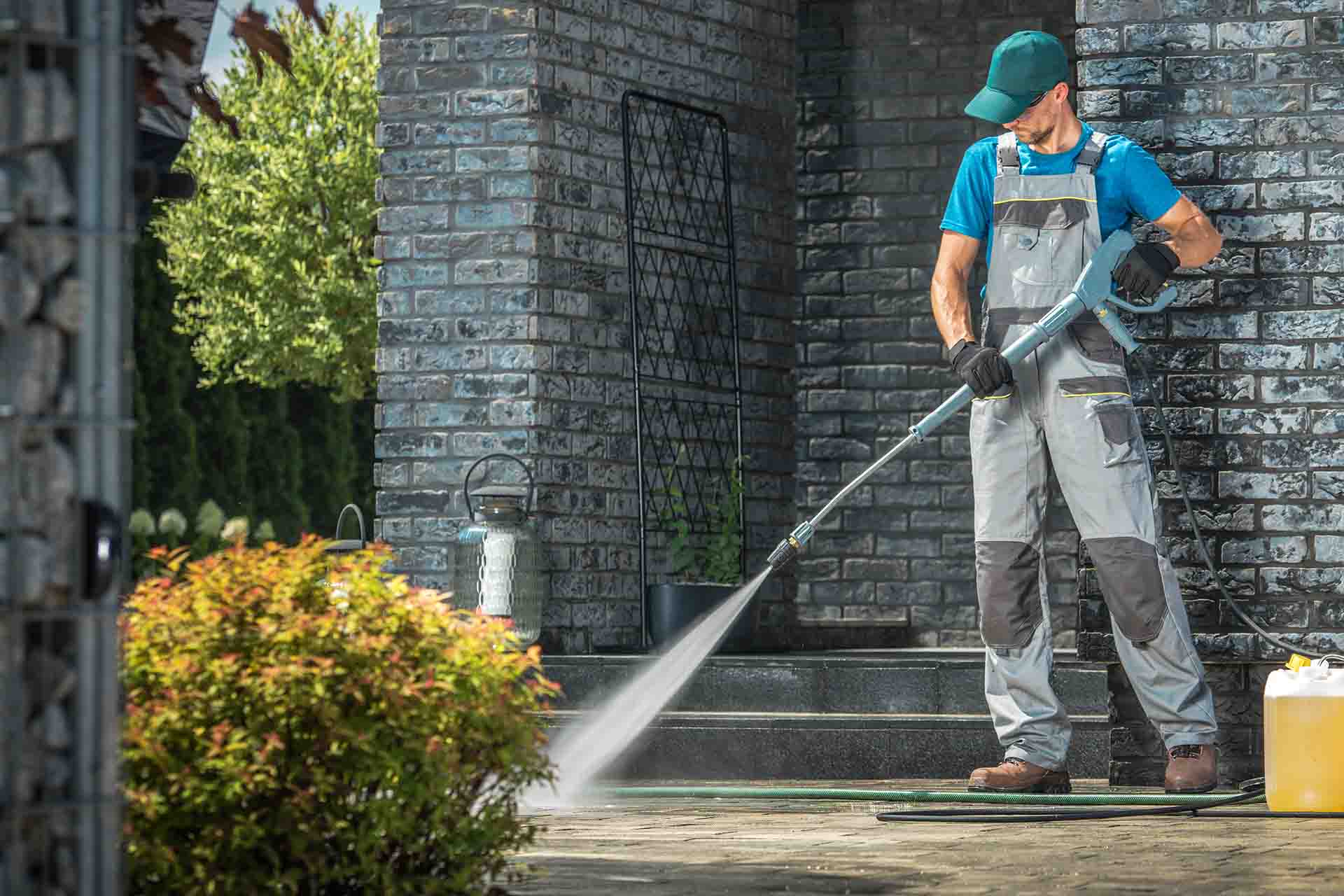When your current asphalt driveway begins to lose its luster, cracks, has bumps, and is overall not very attractive, it isn’t much you can do to bring it back to its former glory. Sure, you can sell it, this will help fill some of the cracks and renew the colour, but it won’t even out the dips, bumps, and worn out areas.
There are many options when it comes to replacing your driveway, but when it comes to a solid surface your top options are asphalt and concrete. Both material options come with advantages and disadvantages, to help you make your decision on your driveway solution, we have asked several hardscape experts to share their opinions on which is a better choice, a concrete driveway or asphalt driveway?
What is the distinction between asphalt and concrete driveway?
Concrete and asphalt represent mixtures of crushed stone and sand. They are aggregates frequently used for a driveway because of their numerous benefits. The distinction between the two materials comes from the binding element. Concrete is bound by cement, while asphalt uses a viscous petroleum-based substance.
Asphalt VS concrete driveway
The hardscape experts say that both asphalt and concrete driveways come with excellent benefits, but they are both very different from one another. As a driveway solution, both will provide a great surface for you and your guests to park your vehicles. Before we get into the details, all the experts stressed that unless you have extensive experience with concrete or asphalt, depending on which type of driveway you choose, you should have an experienced contractor take care of your new driveway installation and not attempt to make a DIY project out of it.
Characteristics of asphalt driveways:
- Cost-effective pricing
- Expands and shrinks with the temperature fluctuation, however, extreme heat can make it crumble
- Requires proper maintenance, you will need to reseal it six months after installation and every 2-3 years to keep looking great
- Can last between 20 to 25 years, if installed properly by a professional
- Can be used within 24-36 hours after installation
- The downside is that it isn’t simple to personalize
Characteristics of concrete driveways
- Cost-effective pricing
- It can be damaged by salt or de-icer
- It doesn’t require sealing, if you apply a sealing agent once every four to five years, it can extend its life expectancy
- It can be costly to repair, the average lifespan of a concrete driveway is between 30 to 40 years
- Highly customizable with various colours, patterns, and styles available
- You will need to wait 2-3 days before you can park a car on the driveaway
The Verdict:
The experts suggest all leaned towards the concrete. One expert said, “concrete driveways are a great long term solution for your next driveway replacement”. It wasn’t just the long life span that made the difference for our panel, the simple maintenance, versatile design options, and ability to withstand the extreme temperatures all weighed in on their decision.


